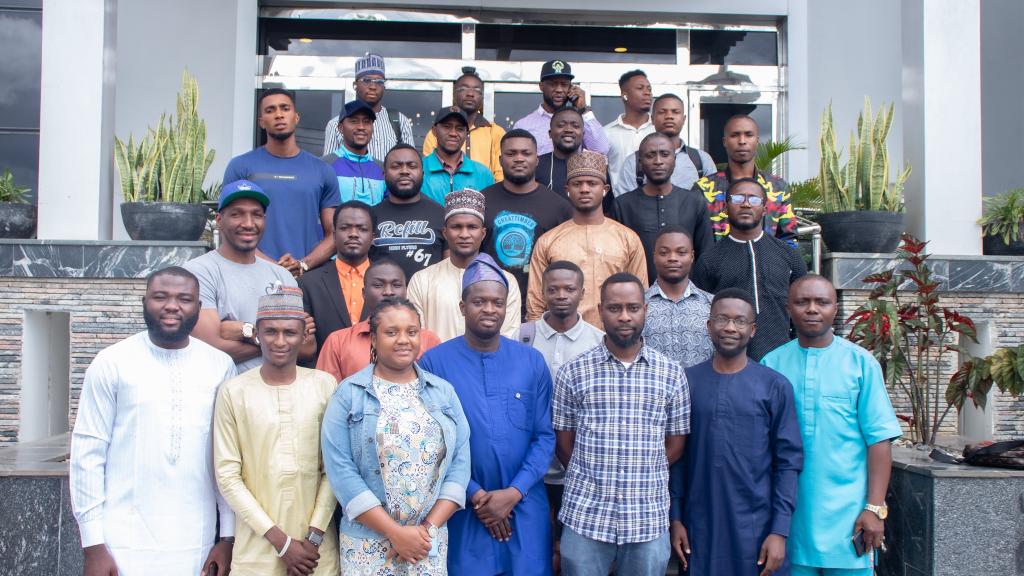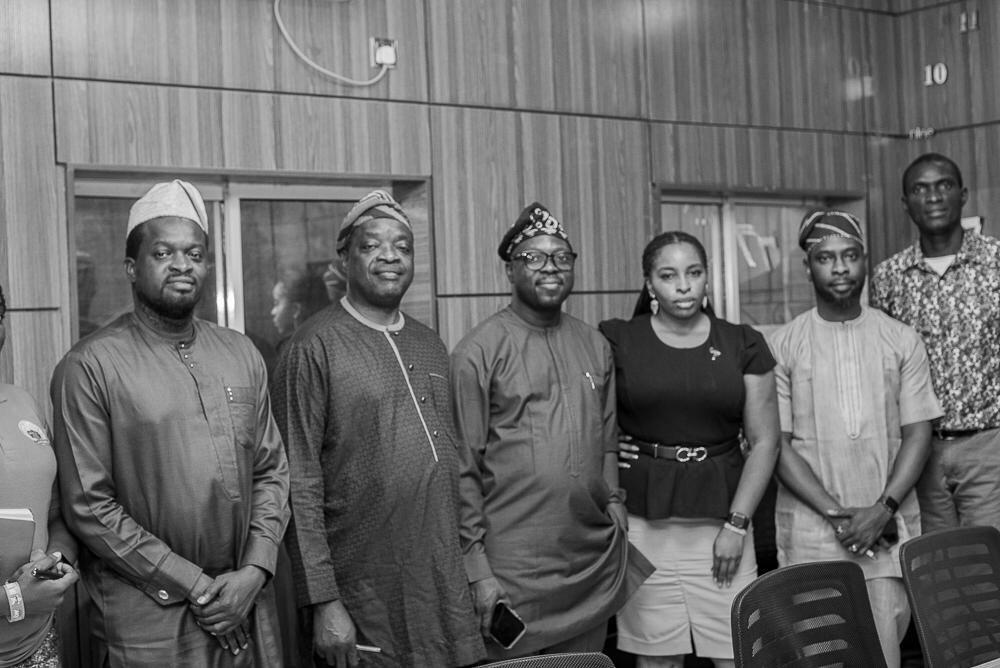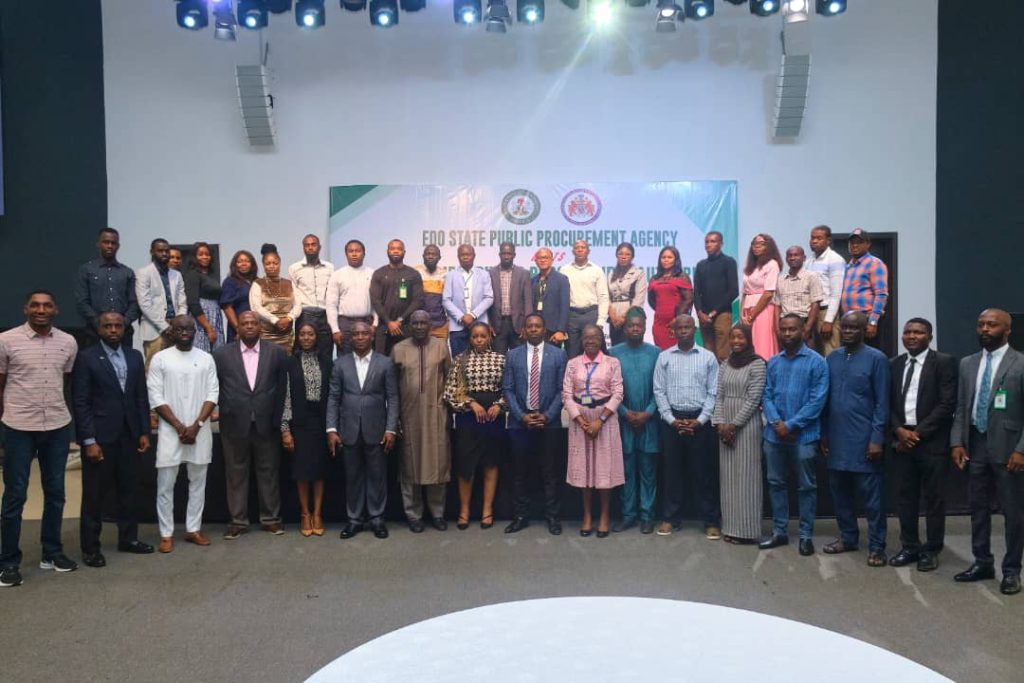The Food and Agriculture Organisation of the United Nations (FAO) has launched dry season inputs intervention to 50,000 farmers for the 2024-2025 farming season for three North-East States of Borno, Adamawa and Yobe.
Also, 300 households with children under the age of 5 in Khaddamari, the headquarters of Jere local government area of Borno State also Safe Access to Fuel Efficient (SAFE) kits which include stoves and briquetts, as well as Tom Brown (locally made nutritional supplements).
In his remarks during the flag off of the distribution to beneficiaries on Saturday in Khaddamari, FAO Representative in Nigeria, Mr. Dominique Koffy Kouacou, said the intervention had the generous support of donors.
Those donors include the Government of Norway, the European Union Civil Protection and Humanitarian Aid Operations (ECHO), the Swiss Development and Cooperation (SDC), the United States Agency for International Development (USAID), the Central Emergency Response Fund (CERF), the Government of France and the Special Fund for Emergency and Rehabilitation Activities (SFERA).
He said the intervention will target 50,000 households across 24 local government areas in Borno, Adamawa, and Yobe states.
Kouacou added that in Borno State, 24,500 households in 12 LGAs in Bama, Damboa, Dikwa, Gwoza, Jere, Kala Balge, Konduga, Kukawa, Mafa, Mobbar, Monguno, and Ngala would receive inputs.
In Adamawa, 9,800 households across 6 LGAs in Girei, Madagali, Mayo Belwa, Mubi North, Numan, and Song would benefit from the distribution.
“In Yobe State, 14 ,700 households will receive the inputs across nine LGAs in Bade, Bursari, Fika, Gaidam, Gujba, Gulani, Nangere, Tarmuwa and Yunusari,” Kouacou said.
He said the inputs include assorted vegetable and cereal seeds such as maize, rice, amaranth, cabbage, carrot, okra, onion, and tomato, alongside NPK fertiliser and petrol-powered water pumps to support dry season farming.
“The distribution of these inputs is designed to support recently relocated communities and flood-affected areas, providing them with the necessary resources to recover and build resilience.
“Each household will receive either 10 kg of maize seeds or 12.5 kg of rice seeds, or a combination of vegetable seeds along with 25 kg of NPK 15:15:15 fertilizer,” Kouacou said.
Additionally, Kouacou said groups of farmers will share water pumps to help irrigate their farmlands.
He revealed that the latest Cadre Harmonisé analysis showed that conflict and insecurity have left about 4.9 million people in North-East Nigeria facing food insecurity, with 1.3 million in Adamawa, 2 million in Borno and 1.6 million in Yobe, projected to be in crisis or worse.
He said this situation has been worsened by floods, droughts, and armyworm infestations, which have led to the destruction of over 300,000 hectares of farmland and affected approximately 880, 000 people.
He said FAO’s 2024-2025 dry season input distribution was a key response to these challenges, aiming to help farmers re-engage in agricultural production and enhance food security in the region.
“In partnership with the Borno State Government, the Ministry of Agriculture and Natural Resources, and key stakeholders in the humanitarian and development sectors, FAO has remained steadfast in its mission to restore livelihoods in Borno and the wider North-East region,” he further said.
The deputy Governor of Borno State, Umar Kadafur who represented Governor Babagana Zulum said the occasion marks another important step in the collective effort to ensure food security and sustainable agricultural development in the State and beyond.
“As we are all aware, agriculture is the backbone of our State’s economy and the dry season presents both a challenge and an opportunity for our farmers. The support we are providing today will go a long way in equipping our farmers with the necessary tools and inputs to maximise their productivity during this critical season,” he said.
Last modified: November 16, 2024








